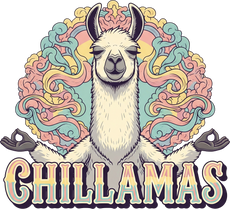THCA (Tetrahydrocannabinolic Acid) is a precursor molecule found in its inactive form in fresh cannabis plants. THCA is the acidic form of THC, meaning it does not produce any psychoactive effects until it undergoes a process called decarboxylation (i.e., heating or drying). This process removes the carboxyl group (COOH) from the THCA molecule, transforming it into active THC, which then produces psychoactive effects.
THCA is non-psychoactive in its natural state, but it is considered an important cannabinoid due to its therapeutic properties and potential in health and wellness. While most users are familiar with THC, THCA plays a significant role in the medical use of cannabis.
Characteristics of THCA
✅ Non-psychoactive: THCA does not cause a "high" because it is the inactive form of THC. Only after heating or drying does THCA convert into active THC, producing psychoactive effects.
🌿 Therapeutic properties: THCA is being researched for its potential therapeutic benefits, including anti-inflammatory and antioxidant properties. Some researchers suggest that THCA may help alleviate pain and discomfort related to rheumatoid arthritis and inflammation.
🧬 Acidic form of THC: THCA is the natural precursor to THC and is present in fresh, undried cannabis flowers. After undergoing decarboxylation (which occurs during heating), THCA transforms into active THC, allowing users to experience psychoactive effects.
👃 Mild aroma and taste: Fresh cannabis high in THCA typically has a mild, herbal aroma and taste. The scent may be earthy or grassy, depending on the strain, and the plant itself is often rich in terpenes.


